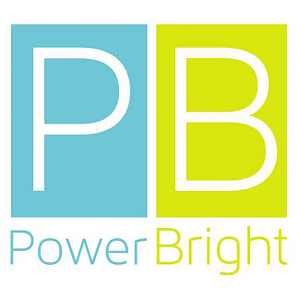Contents
Understanding How Dust and Pollen Affect Students
Any educational institution – whether it is a daycare, university or childcare center – can pose serious threats to students with allergies or respiratory complications like asthma which may distract them from their studies. Figuring out where indoor allergens originate from as well as how they can be managed through appropriate education cleaning methods should not be overlooked when establishing an inclusive learning environment.

Education Cleaning
Are You Aware Of The Impact That Allergens Have On Schools?
Universities, daycares and other schools are known to have certain things in common such as mold spores which come about due to dampness; pollen grains produced by flowering plants outside the building; dust mites found on mattresses among others. If a person’s immune system is sensitive towards these substances then exposure will lead them into experiencing symptoms like watery eyes or sneezing thereby causing poor academic performance coupled with frequent absenteeism.
Specialized Education Cleaning Approaches That Can Be Adopted To Manage Allergens
Dusting And Vacuuming Regularly:
For child care facilities fitted with HEPA filters, it is essential to follow strict guidelines for routine cleaning aimed at reducing dust particles that settle on surfaces because this could be dangerous for babies who crawl around floors most of the time.

Educational Cleaning Services
Regulating Humidity:
In big colleges often made up of old buildings there should be ways through which moisture levels are kept low so as to prevent mildew formation which might require using dehumidifiers alongside proper maintenance practices within structures.
Improving Ventilation:
In educational complexes, teachers should open windows widely and service ventilation systems regularly to promote healthy indoor environments and reduce allergens.
Product Selection for Education Cleaning:
In order to keep kids in daycare safe and healthy, as well as children in schools, we must use non-allergenic cleaning agents that are not harmful to them.
Cleaning Objects Frequently Touched by Many People:
Caretakers endeavor to decrease allergens by sanitizing door knobs, tables and shared learning materials.

Specialized Education Cleaning in Chicago
Deep Cleaning
Practices:
When students are on break, janitors at colleges or child care facilities conduct deep cleanings. Which target hard-to-reach places so as to manage allergens effectively.
Educating Cleaning Staff and Students
Training custodial workers on allergies, asthma, and personal hygiene can enhance awareness among students. Fostering a school community that is informed and responsive to these conditions.
All educational institutions need personalized cleaning methods such as university campus maintenance programs or childcare services. This is important when dealing with allergens. Schools should therefore hire qualified companies specializing in education cleaning like Power Bright. That they can provide conducive environments for learning while at the same time supporting student welfare.
Make sure your school is a safe environment for students. Reach out to Power Bright now about our unique education cleaning programs designed to control allergens efficiently. Contact us today at (312) 312-7866.




